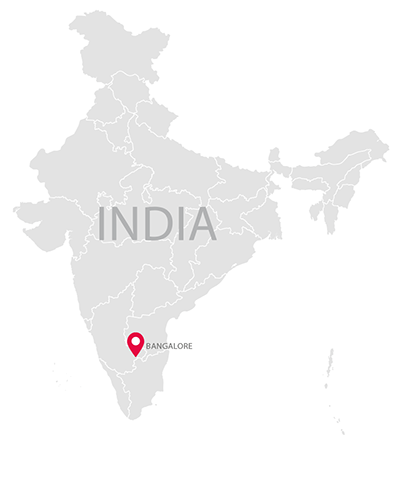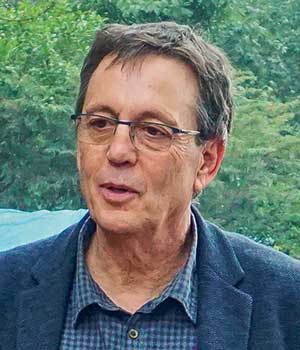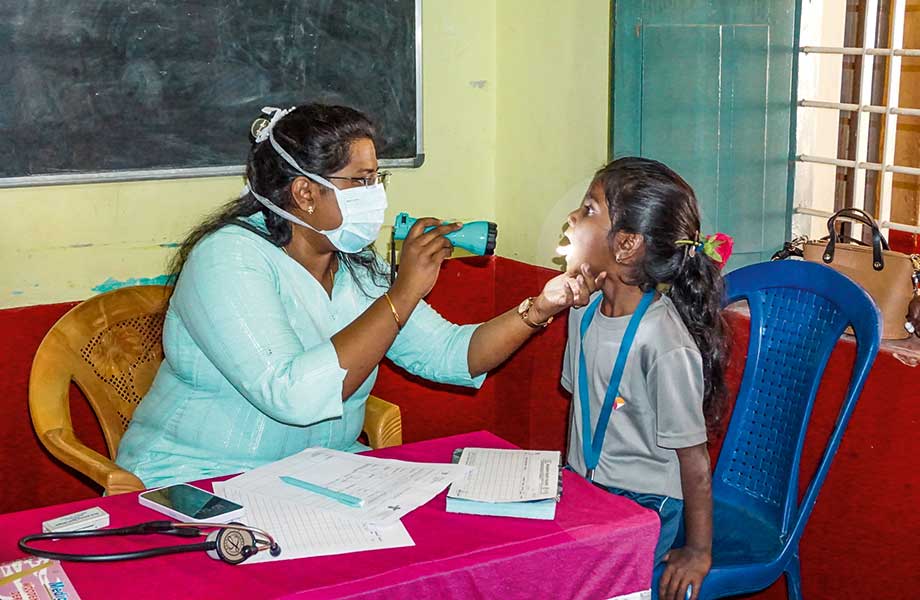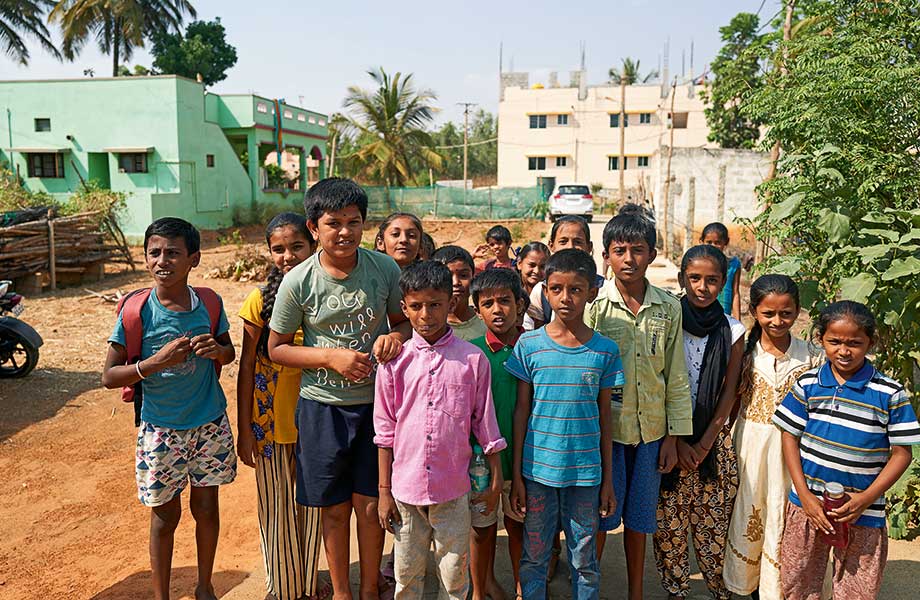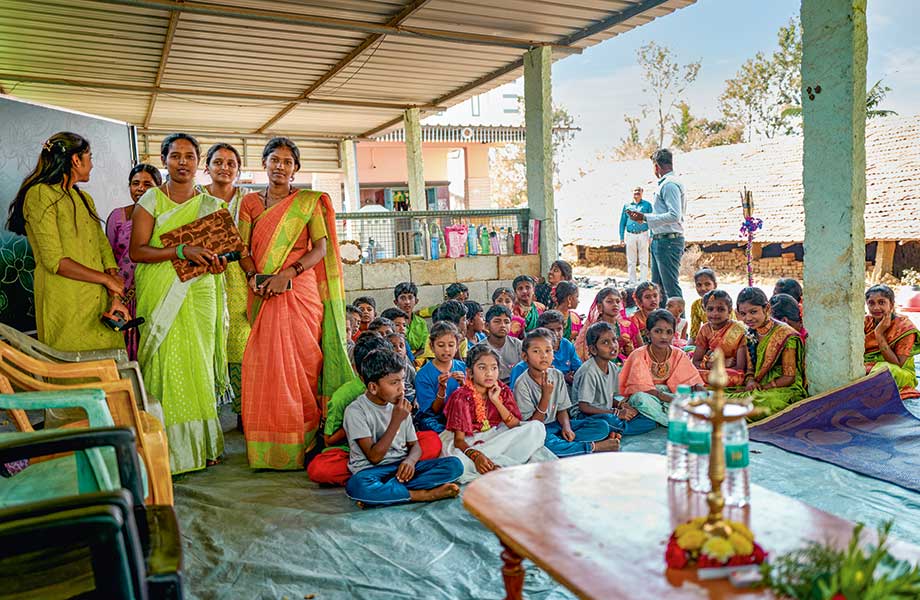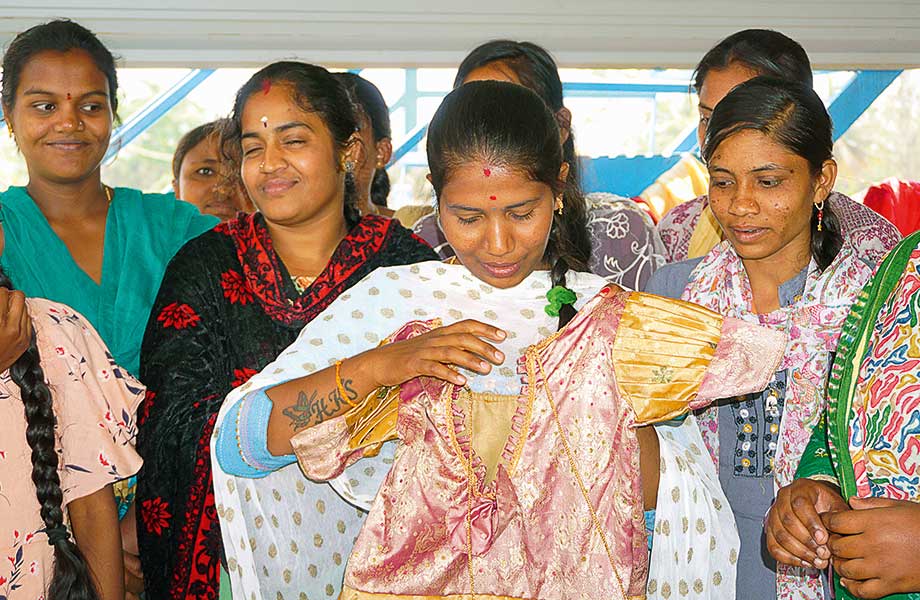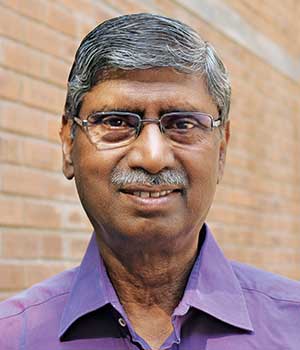A schoolbook, a few exercise books and a bit of support – it sometimes doesn’t take much to enable a person to break the vicious circle of poverty. Rainer Reissner, Managing Director of the Rittal Foundation, and Dietmar Roller, a development expert and CEO of the International Justice Mission (IJM), have often seen this when working on development tasks together. Along with a team based in India, they are continuing to expand the projects of the Debora Foundation there. They are also looking at where and how the aid is growing and having an impact.
The Debora Foundation particularly wants to support girls and young women with the education it offers.
